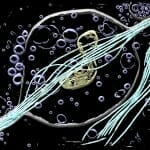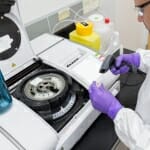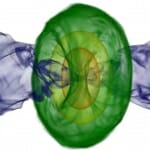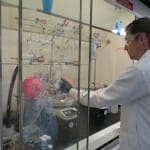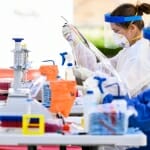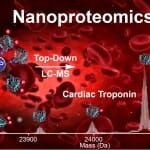Tag Research
New national imaging center has potential to transform medicine
The National Institutes of Health will provide $22.7 million over six years to create a national research and training hub at UW–Madison that will give scientists across the country access to this game-changing technology.
Waisman Biomanufacturing partners with GigaGen to manufacture new COVID-19 drug
The drug, called GIGA-2050, uses a new approach similar to treating COVID-19 patients with convalescent plasma.
Massive halo finally explains stream of gas swirling around the Milky Way
Astronomers have solved a 50-year-old puzzle, discovering that the halo of warm gas surrounding the Magellanic Clouds likely acts as a protective cocoon.
UW–Madison moves up in Washington Monthly, Times Higher Ed rankings
Washington Monthly’s annual list is based on research, social mobility, and community and national service. THE's rankings measure teaching, research, citations, industry income and international outlook.
UW launches new initiative to reduce negative effects of COVID-19 pandemic on research
“Even short-term disruptions in our research can have long-term impacts,” explains Steve Ackerman, vice chancellor for research and graduate education.
UW experts design masks for campus from scratch
The masks were designed by the university’s experts in textiles, filtration and infectious disease, and manufactured by one of Wisconsin’s oldest companies.
A dog’s life: La Follette School researcher puts a number on man’s best friend.
While it sounds cold and calculating to slap a price tag on the life of a beloved pet, the real-world applications are important for both dog owners and for industry.
Fall Research Competition continues to support researchers, graduate students
The annual contest offers funding for select research projects across each faculty division — biological sciences, physical sciences, social sciences and the arts and humanities.
Patients taking opioids produce antibodies that may hinder anti-opioid vaccine
The findings add to a growing understanding of how the immune system can recognize drugs and influence their effects in the body, which may ultimately support the production and delivery of a vaccine that reduces the harm of opioid abuse.
Battleground state poll shows Biden leading Trump in Michigan, Pennsylvania and Wisconsin
“All three states remain battlegrounds that should not be ignored by either campaign,” said Barry Burden, political science professor and director of the Elections Research Center.
That little voice in your head — if you have it — may be aligning your thoughts
It’s evidence that the differences in visual and “audible” representations in the mind are connected to differences in the way we organize our thinking.
Simpler COVID-19 test could provide results in hours from saliva
Volunteers are being tested for the virus that causes COVID-19 by spitting in a vial, which may prove faster, cheaper and less complicated than other common tests, according to UW–Madison researchers.
Nanoparticle system captures heart-disease biomarker from blood for in-depth analysis
An effective test of cTnI variations could one day provide doctors with a better ability to diagnose heart disease, the leading cause of death in the U.S.
Grad student’s research focuses on ‘cutting’ from sports teams
When high schools cut athletes from sports teams, it can be painful for those who didn’t make the team. But it also has wider implications, according to research from UW kinesiology graduate student Mayrena Hernandez.



